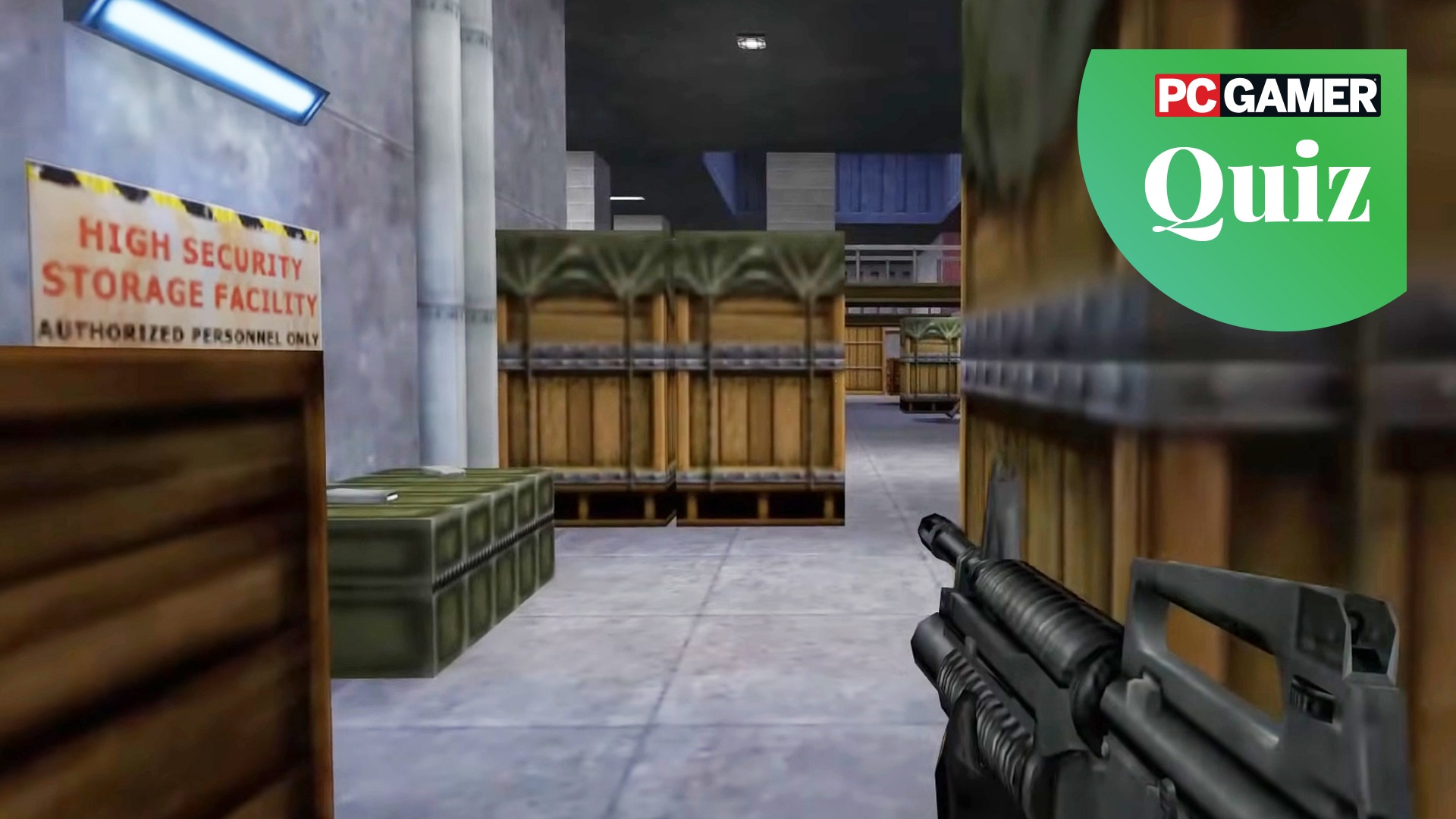Unlocking the Digital Vault: A Comprehensive Guide to Hacking Minigames in Modern Gaming
Popular Now
 BeamNG.drive
BeamNG.drive
 Minecraft
Minecraft
 Grand Theft Auto V
Grand Theft Auto V
 Valorant
Valorant
 PUBG Mobile
PUBG Mobile
 Free Fire Max
Free Fire Max
 God of War Ragnarök
God of War Ragnarök
 Call of Duty
Call of Duty
 Black Myth: Wukong
Black Myth: Wukong
 Among Us
Among Us
 In the evolving landscape of video games, developers are constantly seeking innovative ways to engage players beyond traditional combat and exploration. One such mechanic that has become a staple in many genres is the hacking minigame. Far from a simple button-mashing exercise, these digital puzzles test a player’s logic, speed, and spatial reasoning, often serving as a critical gateway to new areas, powerful upgrades, or crucial story reveals. But how well do you truly know your way around these virtual circuits and firewalls? Put your wits to the test with our latest quiz and delve deep into the intricacies of these engaging challenges.
In the evolving landscape of video games, developers are constantly seeking innovative ways to engage players beyond traditional combat and exploration. One such mechanic that has become a staple in many genres is the hacking minigame. Far from a simple button-mashing exercise, these digital puzzles test a player’s logic, speed, and spatial reasoning, often serving as a critical gateway to new areas, powerful upgrades, or crucial story reveals. But how well do you truly know your way around these virtual circuits and firewalls? Put your wits to the test with our latest quiz and delve deep into the intricacies of these engaging challenges.
The ubiquity of hacking minigames across a wide array of titles—from the dystopian cyber-punk worlds of Cyberpunk 2077 and Deus Ex to the futuristic stealth of Watch Dogs and the sci-fi horror of System Shock—speaks volumes about their appeal. They provide a welcome change of pace, a cerebral challenge that complements the action-oriented gameplay. A well-designed hacking minigame can elevate a game from good to great, offering a sense of accomplishment and a deeper connection to the game’s lore. They often mirror real-world concepts, using logic gates, node-based puzzles, and timing sequences to simulate the complex process of breaching a secure network.
A Taxonomy of Digital Breaches: Understanding Hacking Minigame Archetypes
The diversity of hacking minigames is a testament to the creativity of game designers. They can be broadly categorized into several key archetypes, each with its own unique mechanics and challenges. Understanding these categories is the first step to mastering them.
- The Node-Based Puzzle: This is a common format, where players must connect a series of nodes or complete a circuit. Games like BioShock and its famous Pipe Dream minigame are classic examples. The challenge lies in strategic planning and spatial awareness. Players must rotate pipe pieces to connect the start and end points before a timer runs out.
- The Timing-Based Challenge: These minigames require precision and quick reflexes. Players often need to press a button at a specific moment or navigate a moving cursor through a narrow path. The hacking sequences in Mass Effect, which involved aligning concentric circles, or the data stream challenges in Deus Ex: Human Revolution, fall into this category. They are a test of hand-eye coordination under pressure.
- The Code-Breaking and Logic Puzzle: This archetype is all about deciphering patterns and solving logical problems. The infamous “hacking” in Fallout 3 and Fallout 4, where players must guess a password from a list of words, requires deduction and a process of elimination. The challenge is not about speed but about intellect.
- The Rhythm and Sequence Challenge: Some hacking minigames are more akin to a rhythm game, where players must input a specific sequence of buttons in the correct order and timing. The memorable hacking sequences in Watch Dogs, which often involved navigating a 3D puzzle with timing elements, are prime examples. These challenges are designed to be visually engaging and physically demanding.
The Evolution of Digital Puzzles: From Simple Locks to Complex Security Systems
The history of hacking minigames is a fascinating journey. Early examples, such as the lock-picking in The Elder Scrolls IV: Oblivion, were relatively simple, relying on a combination of timing and luck. However, as technology advanced and game engines became more powerful, developers began to incorporate more complex and immersive hacking mechanics. The shift reflects a broader trend in game design towards greater player agency and a deeper integration of minigames into the core narrative and gameplay loop.
Modern hacking minigames are often tied to character progression. In many RPGs, a character’s “hacking” or “tech” skill level directly impacts the difficulty of these minigames, the time they have to complete them, or even the ability to bypass certain puzzles entirely. This creates a compelling feedback loop: the player invests in a skill, and in turn, the game becomes more manageable and rewarding in certain areas. This mechanic encourages players to specialize and tailor their experience to their preferred playstyle.
Beyond the Code: Hacking Minigames as a Storytelling Tool
A well-implemented hacking minigame is more than just a diversion; it can be a powerful storytelling tool. By simulating the process of a digital breach, developers can immerse players in the game’s world and its unique challenges. In a game like System Shock, the act of hacking a security system isn’t just a puzzle; it’s a desperate struggle against a malevolent AI, heightening the tension and reinforcing the game’s core themes of technology and control. Similarly, in Cyberpunk 2077, the “Breach Protocol” minigame, a matrix-like puzzle, is a visual and thematic representation of a cyber-hacker’s mental and physical struggle to infiltrate a secure network, a concept central to the game’s narrative.
The challenge of designing these minigames lies in balancing difficulty and engagement. They must be challenging enough to feel rewarding but not so frustrating that they become an obstacle. The best examples, such as the lock-picking in Skyrim or the hacking in Fallout 4, are those that are intuitive, offer a sense of progression, and are seamlessly integrated into the overall gameplay experience. They are not mere distractions but integral parts of the adventure, offering a rewarding mental workout for players seeking a deeper level of engagement.
 Ready to Test Your Skills? Take Our Quiz!
Ready to Test Your Skills? Take Our Quiz!
Now that you have a comprehensive understanding of the different types of hacking minigames and their significance in modern gaming, it’s time to put your knowledge to the ultimate test. Our quiz features a range of questions, from identifying games based on their hacking mechanics to solving sample digital puzzles. It’s the perfect opportunity to see how well you’ve paid attention to these often-overlooked but crucial elements of game design. Whether you’re a seasoned digital infiltrator or a novice hacker, this quiz will challenge you and perhaps even introduce you to a new appreciation for the art of the virtual breach. Let the countdown begin!








